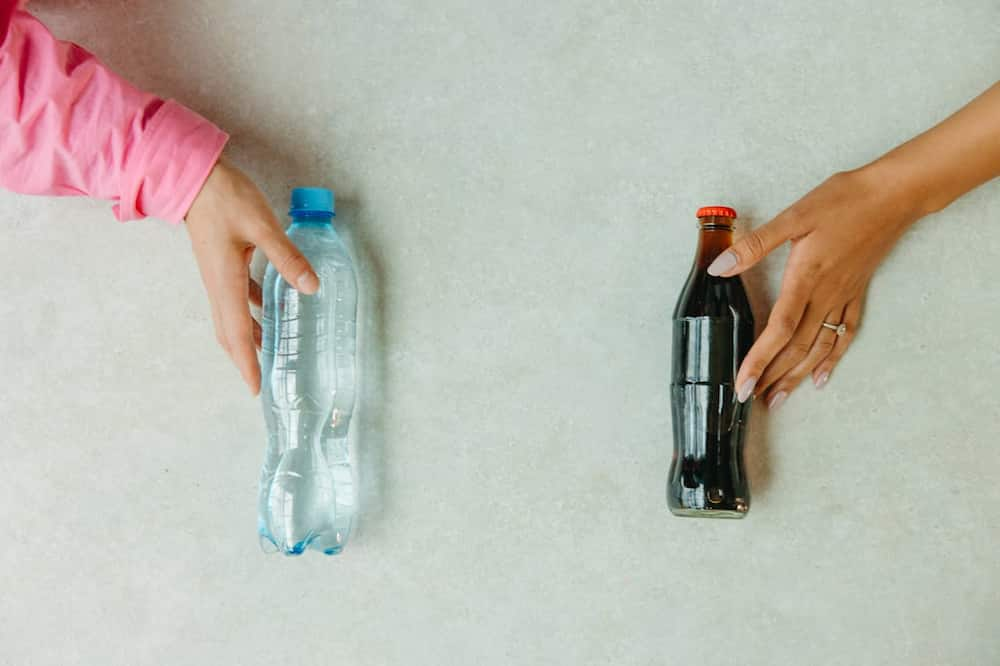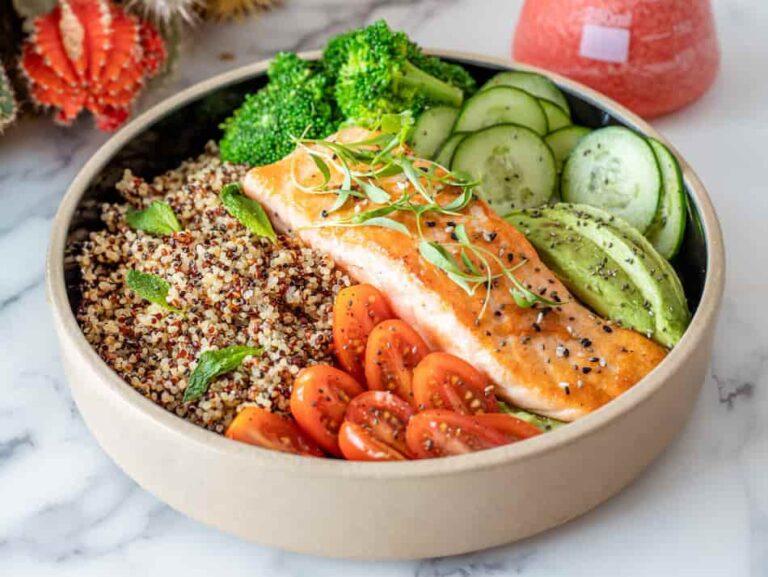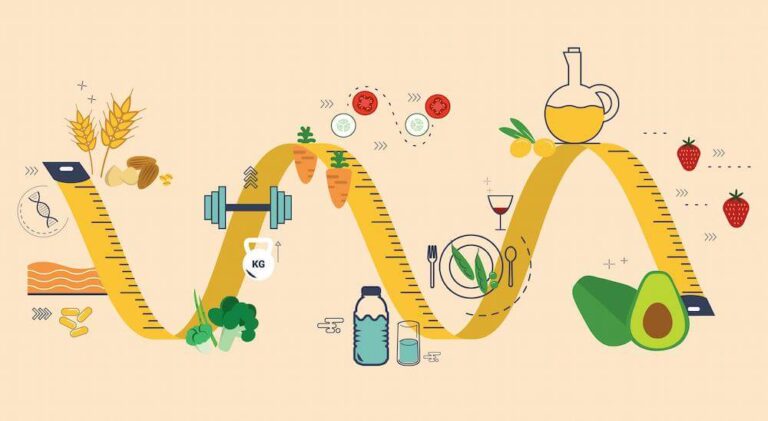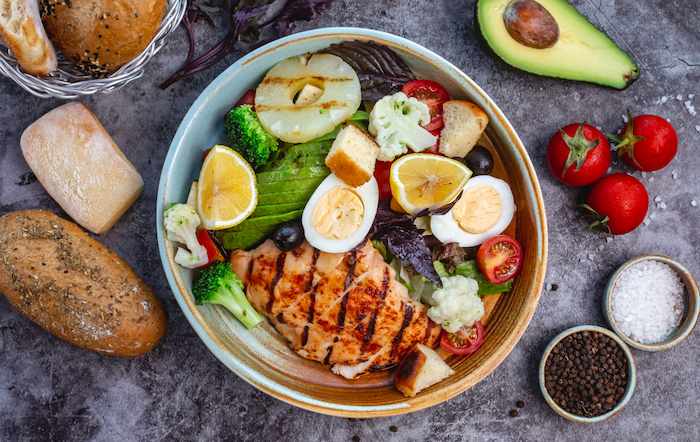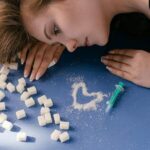What Drink Will Lower Blood Sugar?(No, It’s Not Just Water)
It’s 10 PM. You’re staring at a stubbornly high blood sugar on your CGM that just won’t budge. You’ve corrected, you’ve waited, and now you’re deep in a Google rabbit hole, typing in that one hopeful, desperate question: “what drink will lower blood sugar instantly?“
Let’s be real. If there were a magical, Hogwarts-style elixir that could wrestle a 250 mg/dL into submission, we’d all have a cauldron of it bubbling on our stoves. We’d be filling our pump reservoirs with it.
But while there’s no potion to replace insulin, the world of hydration isn’t just a black-and-white choice between water and… well, not water. Certain drinks can genuinely support your blood sugar management strategy, acting as helpful sidekicks in your daily diabetes duel. Others are villains in disguise.
So, let’s cut through the hype and the “miracle cure” nonsense. Here is the honest, science-backed truth about what you should—and shouldn’t—be drinking.
Disclaimer Time: As always, I’m a person with diabetes, not a medical doctor. This information is for educational purposes and is based on my own experiences and research. No drink mentioned here is a replacement for insulin or medical advice. Please talk to your healthcare team before making any major changes to your diet.
The Golden Rule: No Drink is a Correction Bolus
Before we even list a single tea or tonic, let’s get one thing crystal clear for our Type 1 Diabetes crew: No drink on this planet will fix a high blood sugar.
A high blood sugar means there is not enough insulin in your system to process the glucose that’s there. The only solution for that is insulin. Period. Thinking that a glass of green tea will do the job of a correction bolus is not only ineffective, it’s dangerous.
So, what’s the point then? The drinks on this list are not “fixes.” They are supporters. They work in the background in two main ways:
- Improving Insulin Sensitivity: Helping your body use the insulin you do take more effectively over time.
- Hydrating and Aiding Bodily Functions: Helping your kidneys flush out excess sugar and preventing the blood sugar-raising effects of dehydration.
Think of these drinks as the helpful pit crew, not the race car driver. With that crucial distinction made, let’s meet the team.
The All-Stars: 6 Drinks That Can Support Your Goals
1. Water: The Boring, Brilliant Superhero
I know, I know. Starting with water is like a magician opening a show by pulling a quarter from behind your ear. It’s expected. But its importance cannot be overstated.
- The Science: When your blood sugar is high, your body tries to get rid of the excess glucose through urine. To do this effectively, your kidneys need water—and lots of it. Dehydration concentrates the sugar in your blood, making a high even higher, and puts a strain on your kidneys.
- The T1D Reality Check: Staying hydrated is one of the most powerful non-insulin things you can do to manage stubborn highs and maintain overall stability. It won’t bring a 300 down to 100, but it will help your correction bolus do its job more effectively.
- How to Use It: Aim for 2-3 liters (about 8-12 glasses) a day. If you’re active or it’s hot, you’ll need more. Keep a water bottle with you at all times. It’s the simplest and most effective habit you can build.
2. Green Tea: The Zen Master of Metabolism
This isn’t just for Instagram wellness gurus. Green tea is packed with powerful plant compounds called polyphenols and antioxidants, with the star player being Epigallocatechin gallate (EGCG).
- The Science: Multiple studies, including a significant 2020 review in Nutrients, have suggested that regular green tea consumption can improve insulin sensitivity and lower fasting blood glucose levels over time. EGCG may help stimulate glucose uptake into muscle cells, leaving less of it floating around in your bloodstream.
- The T1D Reality Check: This is a long-term game. Drinking a cup of green tea today won’t impact your blood sugar in the next hour. But incorporating 1-2 cups of unsweetened green tea into your daily routine could make your insulin work a little more efficiently down the road.
- How to Use It: Brew it fresh and drink it plain or with a squeeze of lemon. Avoid the pre-bottled “green teas” which are often loaded with sugar.
3. Apple Cider Vinegar (ACV): The “Crunchy Aunt’s” Secret Weapon
You’ve probably heard about this one. While it’s often touted as a miracle cure for everything, there is some real science behind its effect on blood sugar.
- The Science: The acetic acid in ACV appears to slow down gastric emptying—the rate at which food leaves your stomach. By slowing down the digestion of carbohydrates, it can help blunt the sharp post-meal blood sugar spike.
- The T1D Reality Check: This can be a double-edged sword for us. Slowing digestion can be great for preventing spikes, but for those who pre-bolus, it can also lead to a “spike-then-crash” situation if your fast-acting insulin peaks before the carbs hit. If you have gastroparesis, ACV is generally not recommended.
- How to Use It: NEVER drink it straight. Dilute 1-2 teaspoons (not tablespoons!) in a large glass of water and drink it just before or during a carb-heavy meal. Start with a small amount to see how your body reacts.
4. Cinnamon Tea: The Holiday Spice with a Hidden Talent
That comforting spice that smells like Christmas morning might do more than just flavor your latte.
- The Science: Some research suggests that compounds in cinnamon can mimic insulin and improve insulin sensitivity at the cellular level.
- The T1D Reality Check: The effect is mild, but it’s a pleasant, calorie-free way to potentially support your management. However, be aware of the type. Common Cassia cinnamon contains coumarin, which can be harmful to the liver in large doses. Ceylon cinnamon (“true” cinnamon) is a safer bet for regular consumption.
- How to Use It: Boil a Ceylon cinnamon stick in water for 10-15 minutes or simply add a stick to your regular tea while it steeps.
5. Fenugreek Water & 6. Lemon Water
These two are often mentioned, so let’s address them quickly:
- Fenugreek Water: This is a traditional remedy where seeds are soaked overnight. Some studies, primarily in Type 2 diabetes, show it may have blood sugar-lowering effects due to its high fiber content. For T1Ds, the effect is less studied and likely minimal.
- Lemon Water: Let’s be clear: lemon water does not directly lower blood sugar. However, it’s a fantastic, flavorful, and hydrating alternative to sugary drinks. If swapping your morning orange juice for lemon water helps you avoid a 50g carb spike, then it’s a huge win.
The Rogues’ Gallery: Drinks to Approach with Caution
Just as important as what to drink is what to avoid.
- Fruit Juice: This is hypo treatment, not a daily beverage. The reason it’s great for lows (fast-acting sugar) is the exact reason it’s terrible for stable blood sugars.
- Regular Soda & Energy Drinks: This is obvious. They are cans of liquid sugar with zero nutritional value. Avoid.
- “Healthy” Smoothies: A smoothie can be a fantastic meal, but it can also be a 100g carb sugar bomb in disguise. Be wary of store-bought smoothies and always account for every piece of fruit, yogurt, and milk that goes into them.
- Milk & Milk Alternatives: Delicious and nutritious, but they have carbs! A glass of milk has about 12g of carbs. Oat milk can have even more. Always check the label and bolus accordingly.
- Diet Soda: The great debate. It won’t raise your blood sugar, but the jury is still out on the long-term health effects of artificial sweeteners. It’s a better choice than regular soda, but water is a healthier choice than diet soda.
Final Thoughts: Consistency Over Magic Bullets
So, what drink will lower blood sugar? The honest answer is that water is your most powerful ally, and a few other drinks like green tea and cinnamon tea can be supportive players in the long run.
Your best strategy isn’t to search for a magic drink, but to build a consistent routine of healthy hydration. Swap out that sugary soda for sparkling water with lemon. Replace that evening juice with a calming cinnamon tea.
These small, consistent choices, combined with smart insulin management, are what truly build a foundation for better blood sugar control. It’s not about finding a single potion; it’s about mastering your own powerful, proactive recipe for health.


